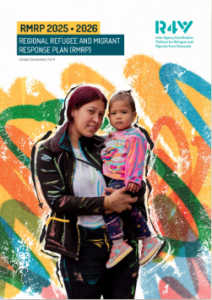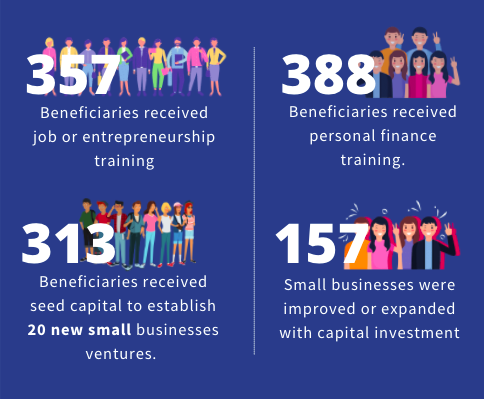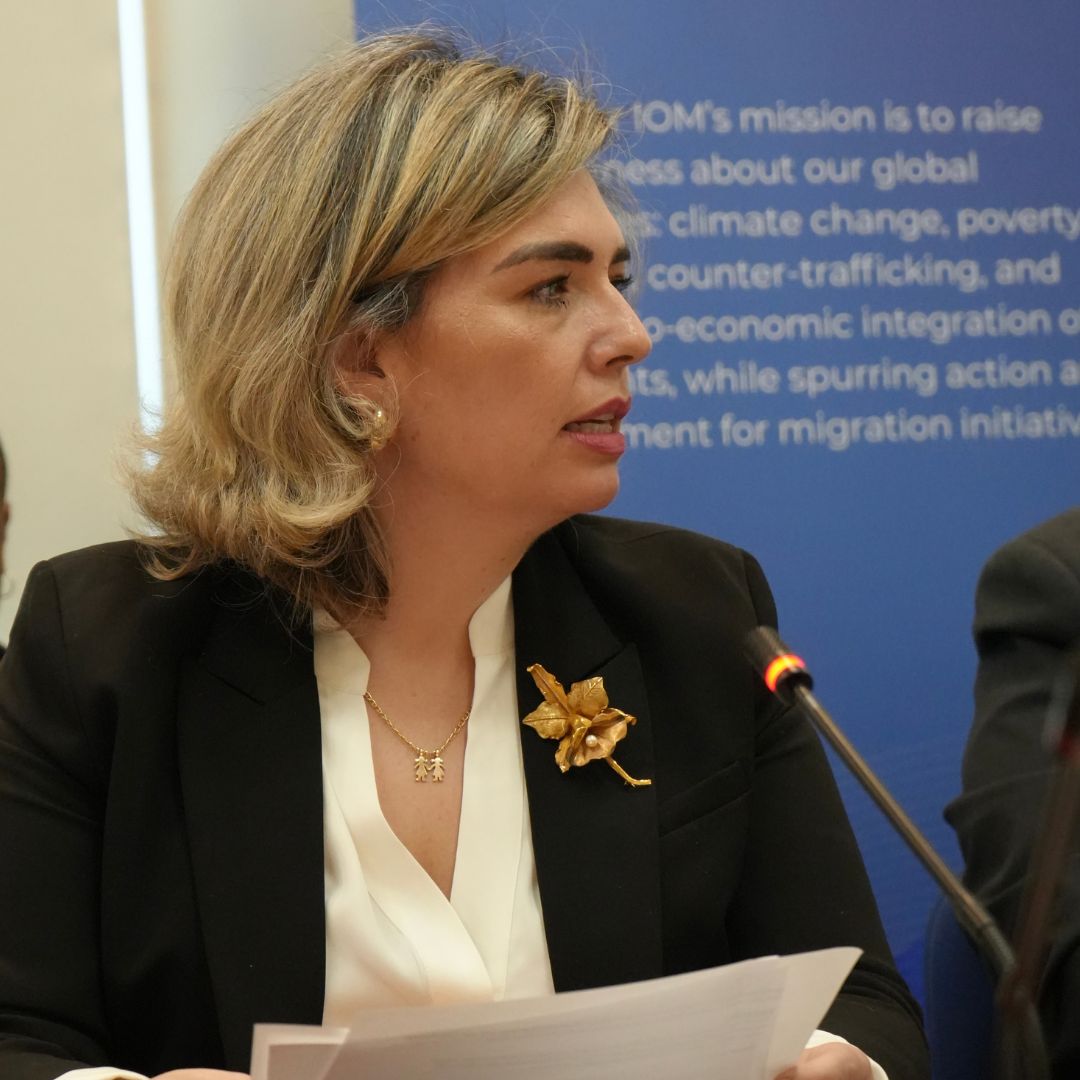Venezuela Displacement Crisis
Over 5 million Venezuelans have already fled to neighboring countries Latin America and the Caribbean. 2,000 people flee the country everyday.
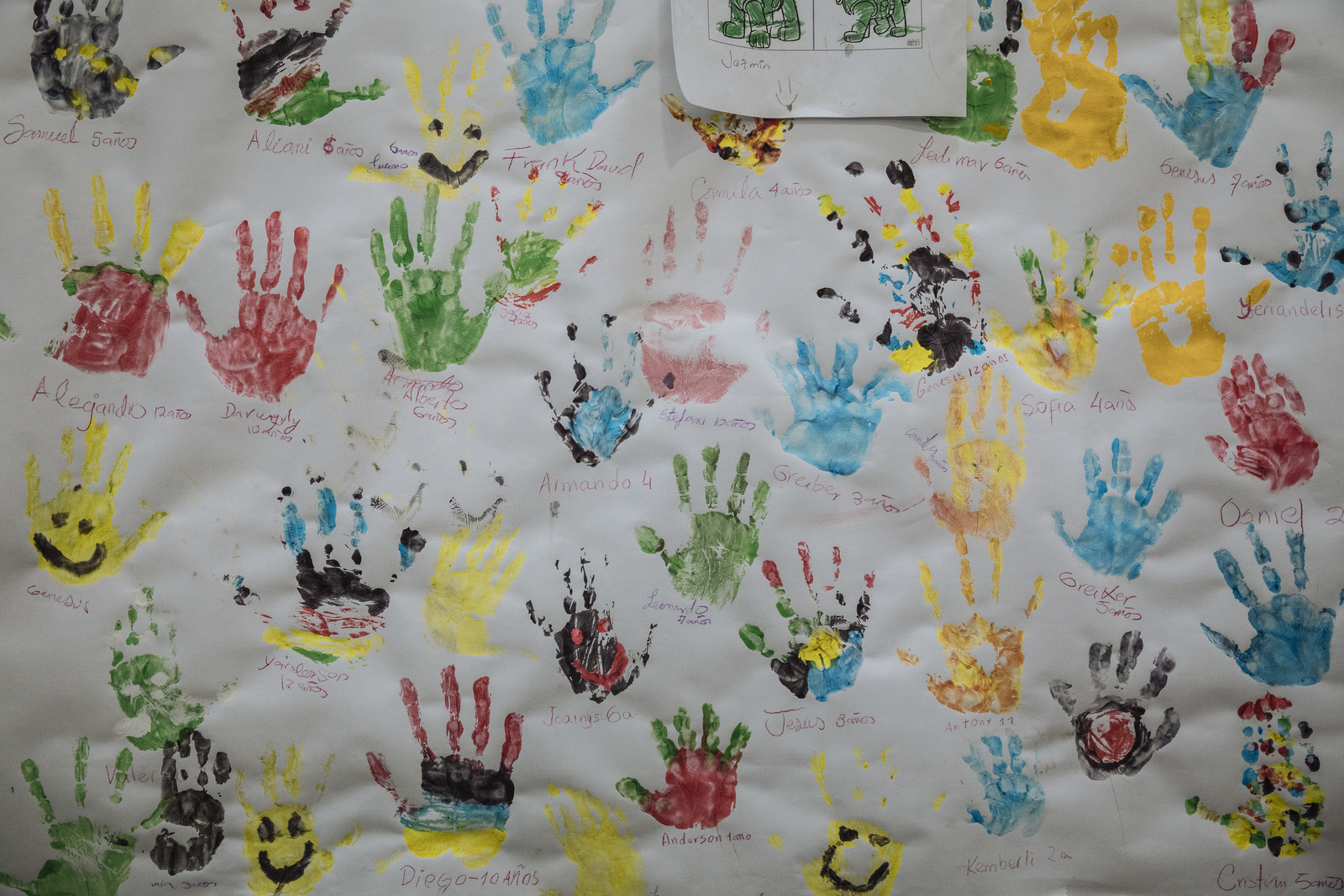
More women and children are replacing men on the roads.
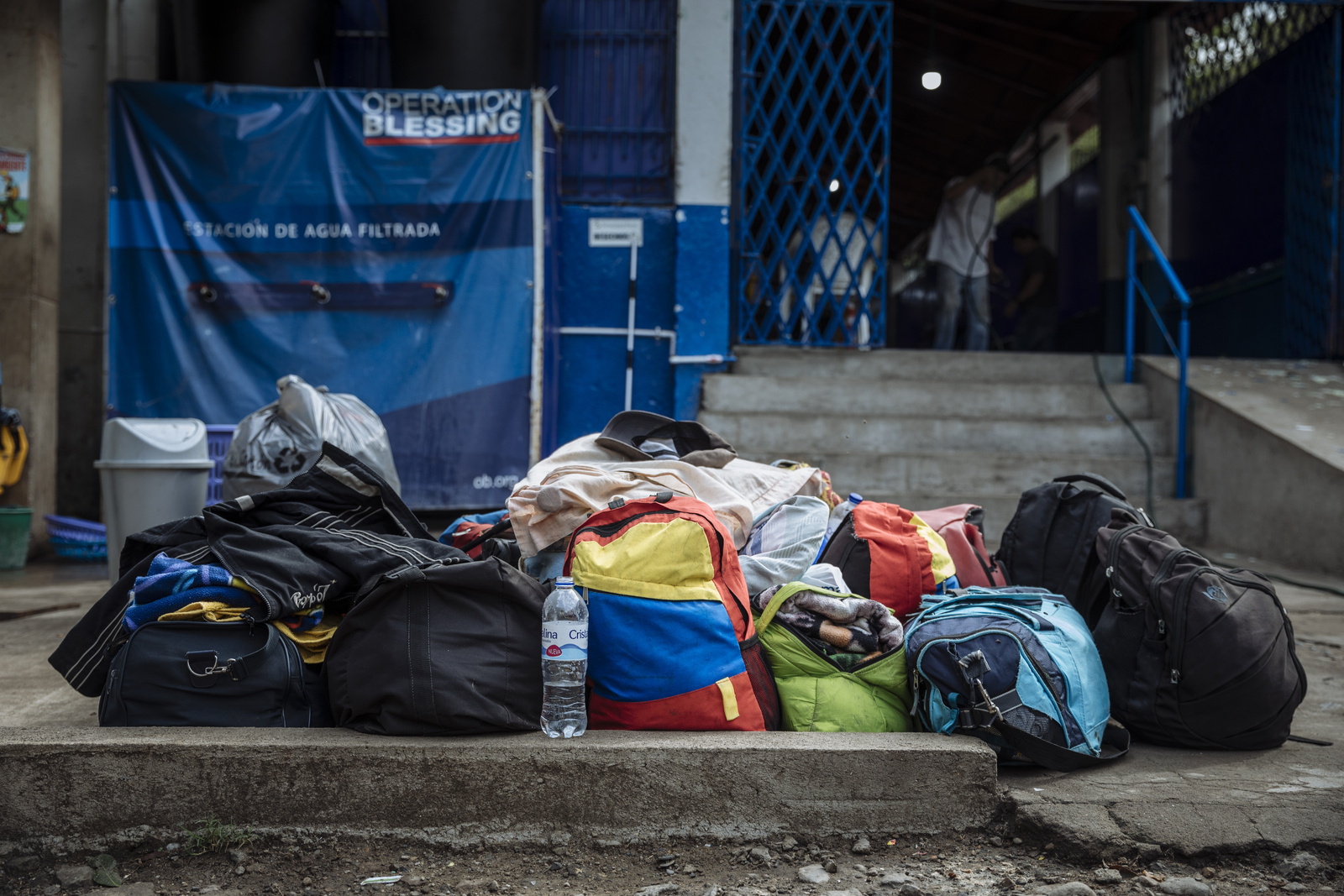
Since 2014, the number of Venezuelans applying for refugee status has increased 8,000%.
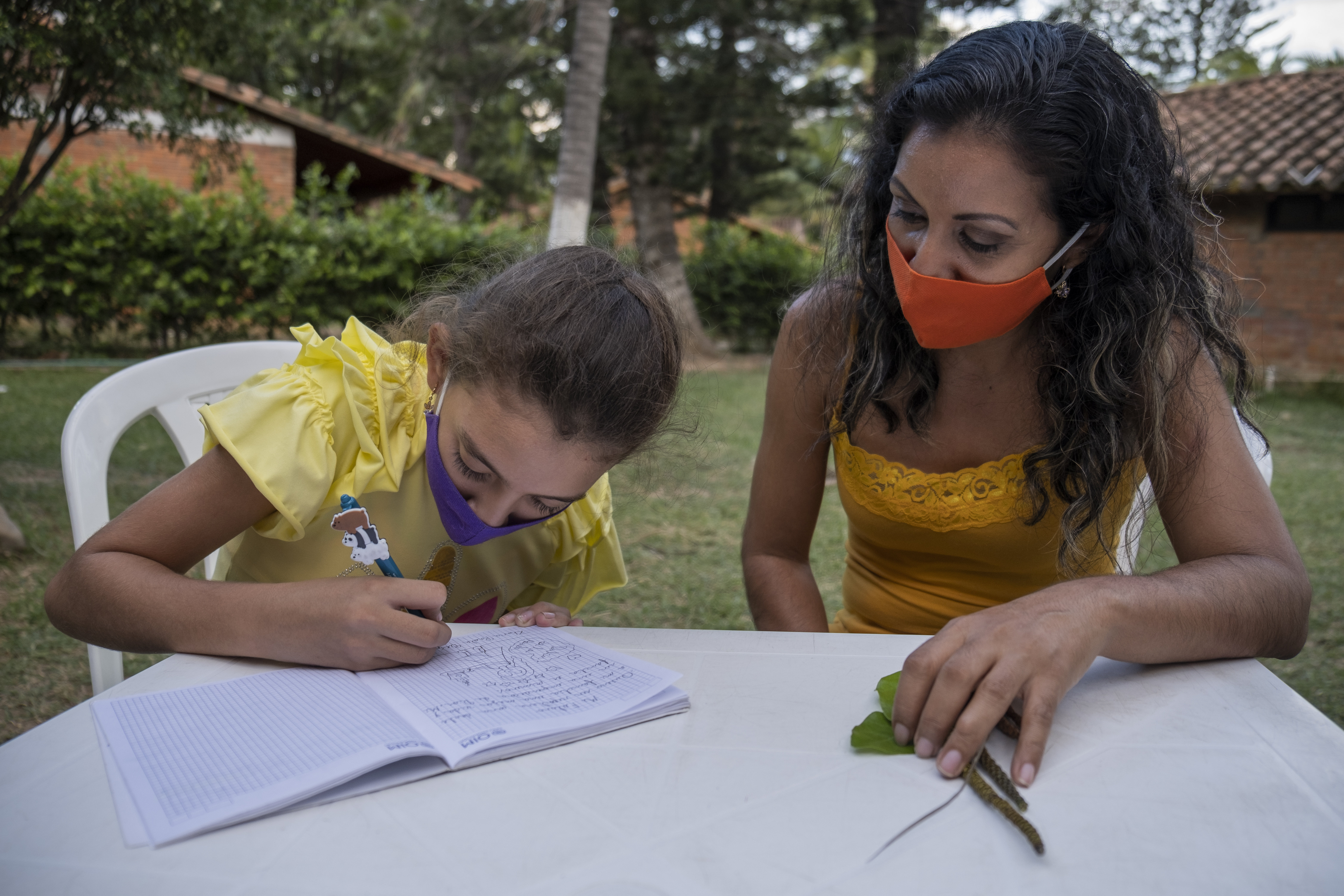
Migrant women and are more vulnerable to exploitation and abuse.
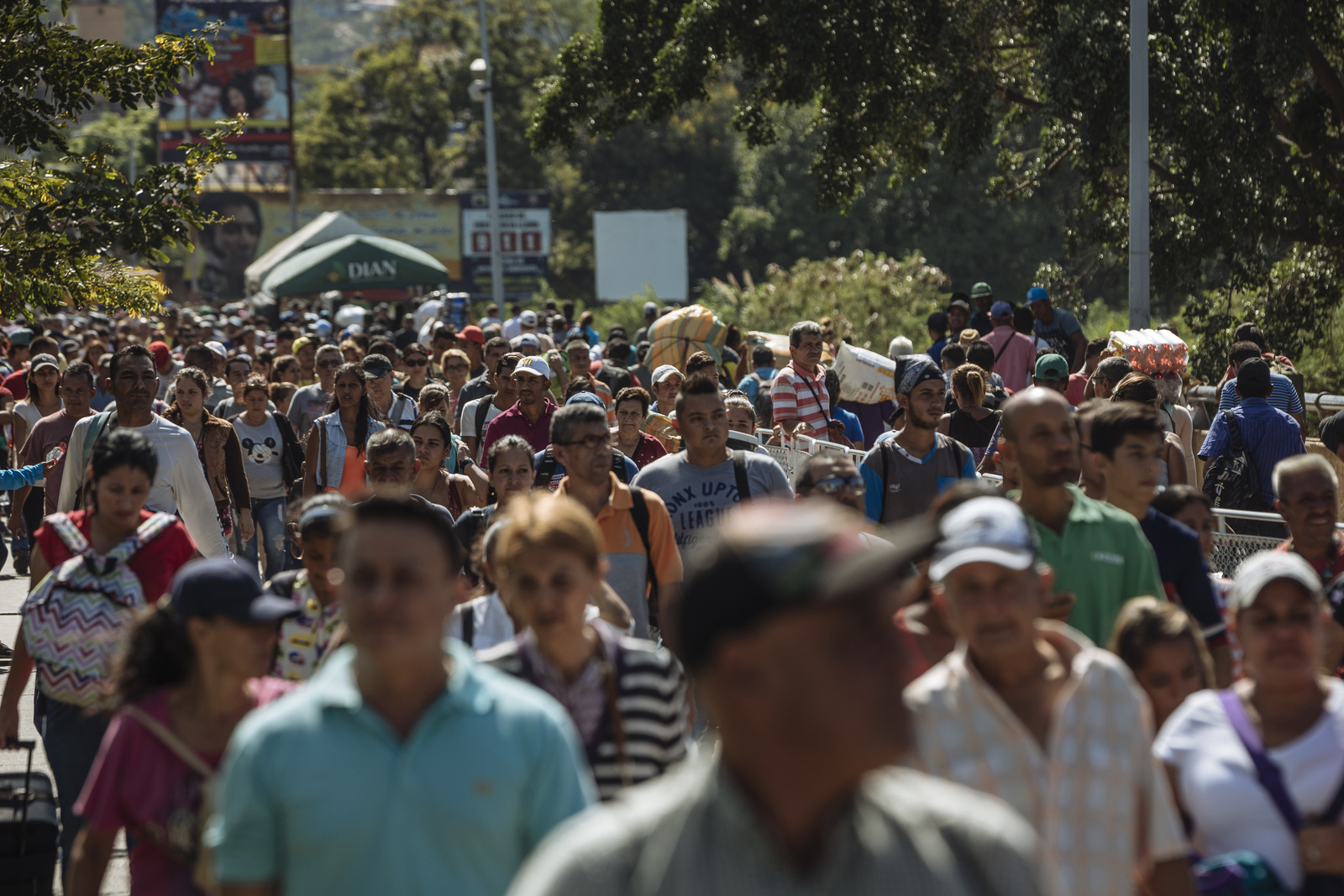
The Venezuelan Response is largely underfunded. $3,150 has been raised per Syrian refugee, and just $265 per Venezuelan migrant.

